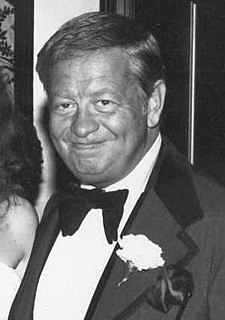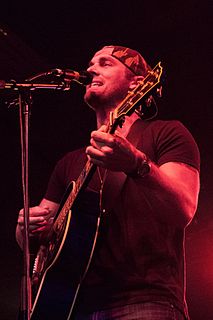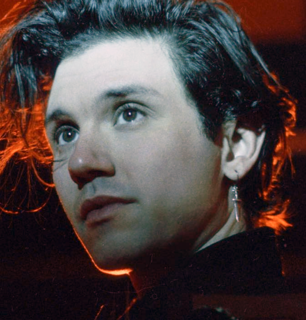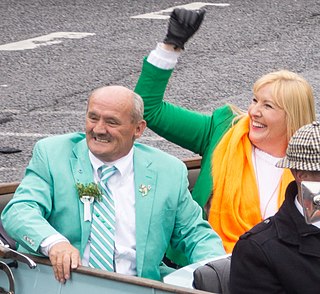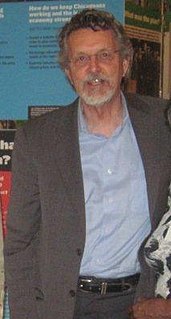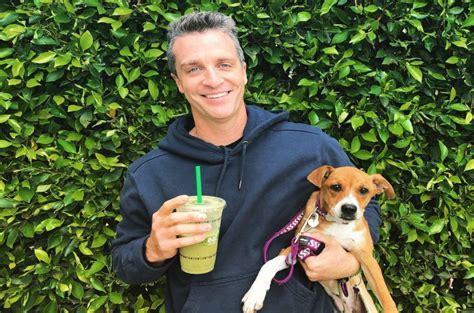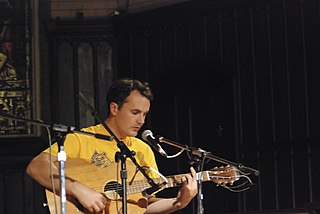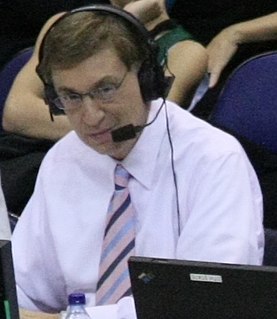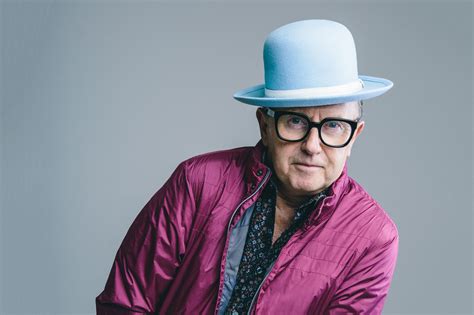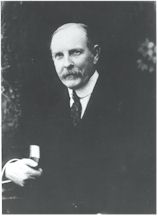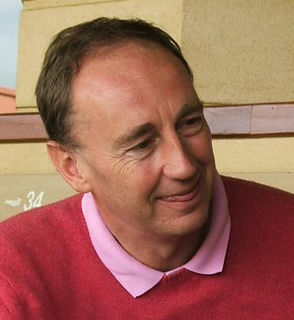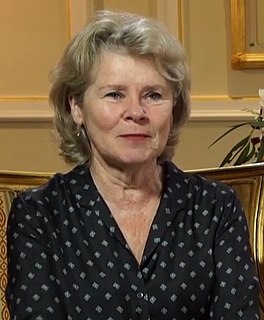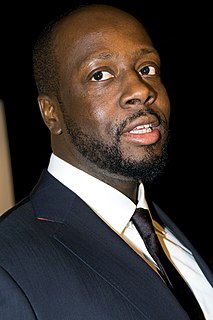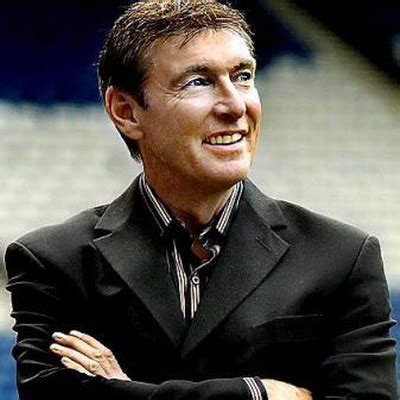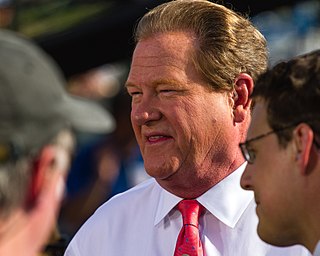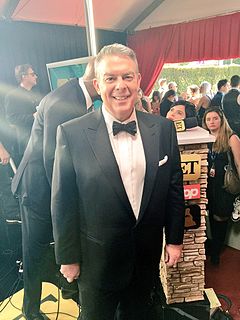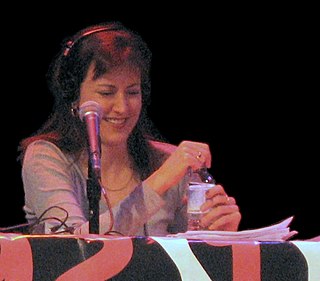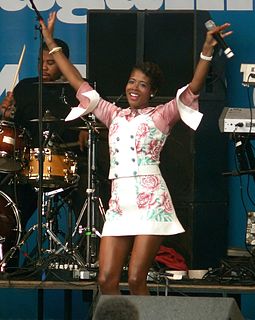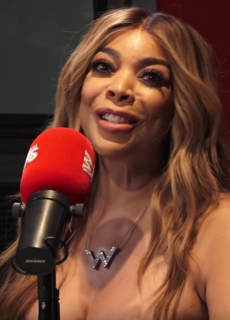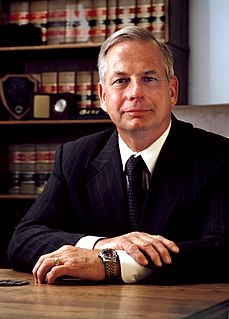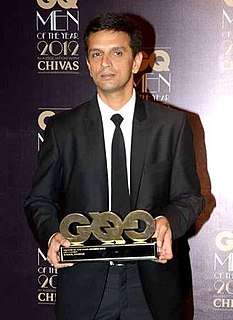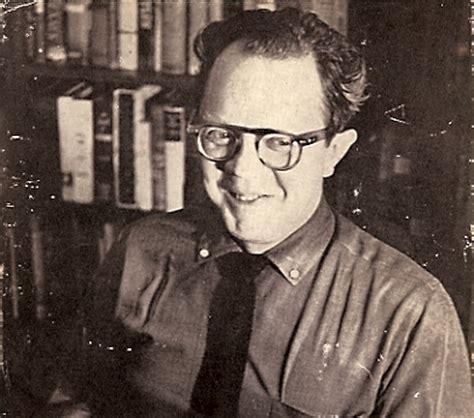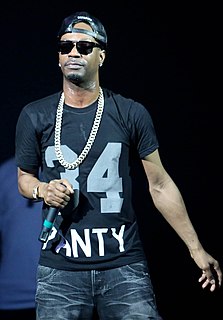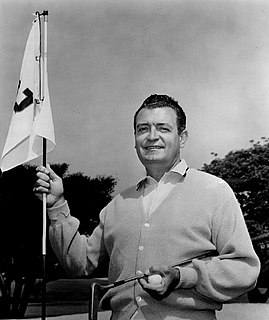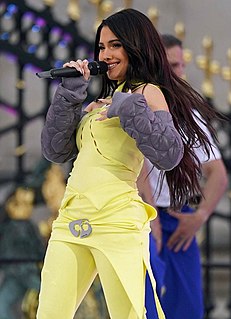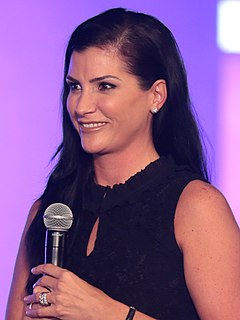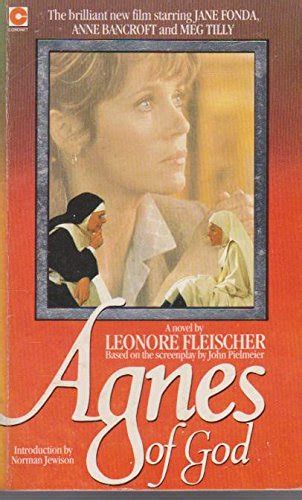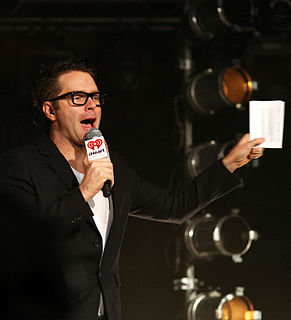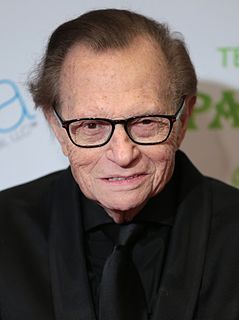Top 1200 Radio Stations Quotes & Sayings - Page 4
Explore popular Radio Stations quotes.
Last updated on April 21, 2025.
I wrote 'Turn Your Radio On' in 1937, and it was published in 1938. At this time radio was relatively new to the rural people, especially gospel music programs. I had become alert to the necessity of creating song titles, themes, and plots, and frequently people would call me and say, 'Turn your radio on, Albert, they're singing one of your songs on such-and-such a station.' It finally dawned on me to use their quote, 'Turn your radio on,' as a theme for a religious originated song, and this was the beginning of 'Turn Your Radio On' as we know it.
That's what I am, Frank thought, an ordinary genius. He had unlocked the secret of radio. The sport of the ordinary! Brillliant me like Reed Seymour couldn't figure this out for the life of them! Reed was ashamed of radio. ...radio was a cinch if you kept reaching down and grabbing up handfuls of the ordinary.
The power of a label and radio and a booking agency and all that - you never know until you experience it the first time, but being able to have a song on radio, but then go play a show for people that have heard the song on radio, and having it sung back to you, is - I don't know how to describe it.
The videos are sometimes the only way for people across the country and different places to see and hear the music. They may not get the same radio stations or they don't get the same TV channels, they don't have the same MTV that plays the same music. People will use to the Internet and that's why YouTube and stuff like that is so important.
To be honest, the search for a label was really weird, because some of the labels that you wouldn't expect to care about stuff like radio formats were the ones that did care. They were like, 'Yeah, we love this record, but what are we going to play on the radio?' And I was like, 'You don't have bands on the radio.'
My parents were entirely unpredictable and what they said very unreliable, which meant I became very attuned to the range of other signals human beings give out - body language or what Freud graphically called the "betrayal that oozes out of him at every pore," betrayal, that is, of what they really mean. I have that to this day, and it makes conversation exhausting because I'm listening not just to the words of the person in front of me but also to their body. It's as if there are two radio stations on at the same time.
We've concocted a system where local trips take an auto. That's our biggest tragedy. Streetcars, such as those used in Portland's Pearl District, and elevated people movers, like those in downtown Miami, are moving people from rail stations to their final destinations. But a new concept, PRT, may help revolutionize urban transportation, providing a cost-effective way to get people from train stations to where they need to go.
You put music in categories because you need to define a sound, but when you don't play it on your so-called radio stations that claim to be R&B or jazz or whatever... All music is dance music. But when people think of dance music, they think of techno or just house. Anything you can dance to is dance music. I don't care if it's classical, funk, salsa, reggae, calypso; it's all dance music.
Because of the control of the media by corporate wealth, the discovery of truth depends on an alternative media, such as small radio stations, networks, programs. Also, alternative newspapers, which exist all over the country. Also, cable TV programs, which are not dependent on commercial advertising. Also, the internet, which can reach millions of people by-passing the conventional media.
I rolled back onto the lawn and pressed my forehead to the ground again and made the noise that Father calls groaning. I make this noise when there is too much information coming into my head from the outside world. It is like when you are upset and you hold the radio against your ear and you tune it halfway between two stations so that all you get is white noise and then you turn the volume right up so that this is all can hear and then you know you are safe because you cannot hear anything else
My father being a Caribbean minister, one day I stole the radio. The radio that I stole, I took it to school, showing off how big this boom box was and how bad I was at the time. Once my father figured out where I left the radio, he then got his belt and he walked me, he beat me all the way to where I had hid the radio, and with the boom box.
No, he probably wouldn't mention it - except to another flier. Then they will talk for hours. They will re-create all the things seen and felt in that wonderful world of air: the sense of remoteness from the busy world below, the feeling of intense brotherhood formed with those who man the radio ranges and control towers and weather stations that bring the pilot home, the clouds and the colors, the surge of the wind on their wings.
I just keep my ear to the street. I haven't read any music books recently, because I figure I read everything I need to know back when I was 12, 13 years old. I know pretty much everything about record publishing, radio stations. The only thing that's changed is you gotta keep up with social media. It's free promotion.
In the 1920s and 30s, when Radio Shack was young, a much earlier generation of nerds swarmed into these tiny shops to talk excitedly about building radios and other transmission devices. You might say that Radio Shack helped define gadget culture for four generations, from radio whizzes up to smartphone dorks.
'Boneless,' even though we were thinking about servicing it to radio, it made more sense putting a vocal on there. This was actually the first time that I really looked at doing a song for radio and kind of let go of some control and listened to a lot of different radio pluggers and had Ultra come in and help out with ideas.
I have said, and I believe, that potentially we have in this country a free enterprise system of radio and television which is superior to any other. But to achieve its promise, it must be both free and enterprising. There is no suggestion here that networks or individual stations should operate as philanthropies. But I can find nothing in the Bill of Rights or in the Communications Act which says that they must increase their net profits each year, lest the Republic collapse.
